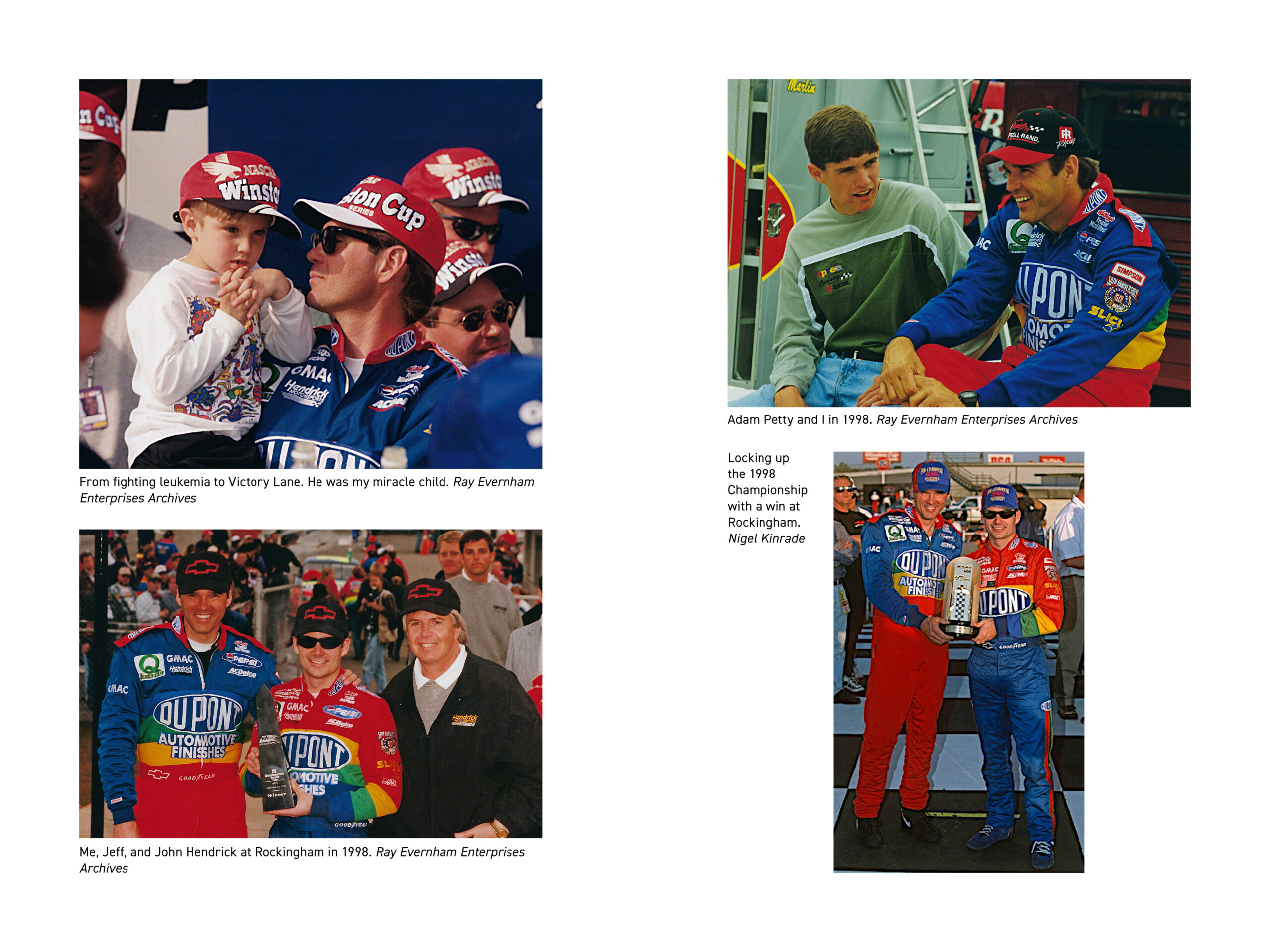Trucking accidents are unfortunately very common and have the potential to cause great damage due to their weight and size. The National Safety Council reported that in 2021 alone there were 5,788 reported large-truck deaths in the United States, along with numerous other injuries caused by trucking accidents. A majority of these truck accidents are caused by many of the same factors, including driver fatigue, mechanical failures, speeding, and more.
Driver Fatigue
According to a study conducted by the Federal Motor Carrier Safety Administration (FMCSA), it was reported that driver fatigue was a contributing factor to 13% of all large truck accidents, which goes to show just how impactful a lack of sleep can have on an individual’s driving capabilities. Truck drivers are particularly susceptible to driver fatigue for a couple of reasons. One primary reason is due to the nature of the job. Truck drivers are expected to work for prolonged periods of time, driving up to 10 hours a day. Additionally, the irregular sleep schedule that truck drivers experience from driving in the wee hours of the night can make it difficult to stay alert and get restful sleep.
Mechanical Failures
Another common cause of truck accidents is mechanical/equipment failure. If trucks are not regularly serviced and inspected, the effects can be catastrophic. Some common mechanical failures include these pieces of equipment:
- Tires
- Breaks
- Transmission
- Lighting
- Suspension
- Steering wheel
- Trailer attachment
- Mirrors
To help mitigate the number of mechanical failures that occur, it is important that trucks are regularly inspected and checked out prior to departing for a long-haul drive.
Speeding
Unsurprisingly, speeding is another main cause of truck accidents. One factor that heavily contributes to the prominence of speeding within the trucking industry is that the majority of drivers are paid by the mile. As a result, truck drivers are ultimately incentivized to drive more miles, ultimately at the expense of safe driving. Speeding is extremely dangerous for large trucks, as it is much more difficult for trucks to come to a halting stop due to the weight of the vehicle.
Distracted Driving
Distracted driving is another rising concern for truck drivers. Although this is a concern for all drivers on the road, again, the damage that can result from a truck is often much more severe, making distracted driving an even riskier behavior to participate in. Distracted driving may result from texting, eating, drinking, calling, or reading while driving.
Poor Weather Conditions
Poor weather conditions are another significant cause of truck accidents. Poor weather conditions, such as intense fog, rain, hail, or ice, can make it difficult for truck drivers to safely operate their trucks. These conditions result in reduced visibility and can make it very challenging for truck drivers to gain traction on the slippery roads.
What To Do After a Truck Accident
If you were injured in a trucking accident, you will first want to seek medical attention. If you are able to, you will want to gather information from the accident scene and exchange contact information with the other individuals involved, as well as any eyewitnesses. Then, you should contact a San Antonio truck accident lawyer to learn about what legal options you may be able to pursue. A truck accident lawyer can help distinguish whether you have a compelling case, distinguish elements of negligence and liability, as well as help protect your rights.










